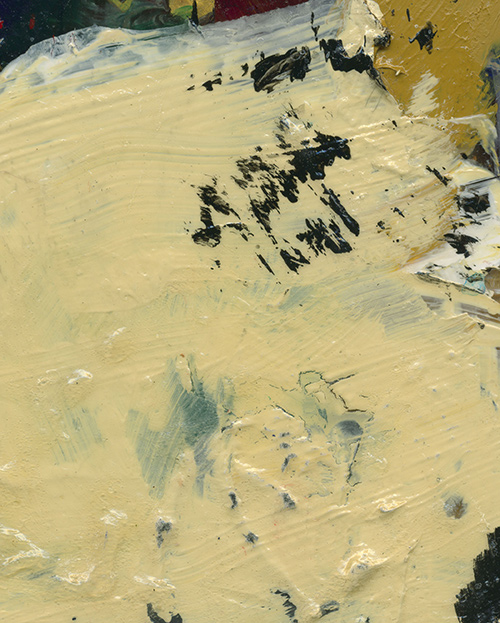 Image: In the Wilderness © Jan Richardson
Image: In the Wilderness © Jan Richardson
Readings for Lent 4, Year B:
Numbers 21.4-9; Psalm 107.1-3, 17-22; Ephesians 2.1-10;
John 3.14-21
Look on me and live, [Jesus] says. Turn your gaze, your attention,
your focus to me, and you will be saved by the hand of the God who
sent me, not for the punishment of the world but for the
utter love of it.
—from Lent 4: The Serpent in the Text
The Painted Prayerbook, March 2009
At the beginning of this season, I wrote about the wild language of Lent—the wilderness words that caught my attention as I spiraled back around a decade’s worth of reflections I had written here at The Painted Prayerbook for the first Sunday of Lent. I’ve continued to think about the language of Lent as this season has unfolded. This week, as I revisited the reflections I’ve written for Lent 4 across the years, the vocabulary that grabbed my attention was this: strange remedy.
Strange remedy came up in an early reflection I wrote on this week’s passage from John’s Gospel (“Lent 4: The Serpent in the Text”). In this passage, Jesus makes reference to a curious episode that happens to the people of Israel on their wilderness journey; this episode is described in Sunday’s lection from Numbers. In my reflection on the John passage, I explored the seeming strangeness of both these texts, along with the hope they hold out to us.
The point of the stories, after all, is that God is intent on providing healing for God’s people. God’s desire for healing persists not only when we are sick or broken because of circumstances beyond our control, but also in those times when our own choices have brought about what ails us. We see God’s bent toward healing in the other readings as well: They cried to the Lord in their trouble, and he saved them from their distress, we read in the psalm; he sent out his word and healed them (107.19-20). And to his friends in the church at Ephesus, Paul writes, God, who is rich in mercy, out of the great love with which he loved us even when we were dead through our trespasses, made us alive together with Christ (Eph. 2.4-5).
I am especially struck by Paul’s words here—that when our brokenness is so severe as to cause a kind of death, God’s pervasive mercy and love, made evident in Christ, can bring us back to life.
When new life comes, when healing arrives, it doesn’t always look like we hope. In the times when healing doesn’t equate with curing, or doesn’t fix the underlying cause of our pain, this can be bitter indeed. In the midst of this, these passages bear witness to a God who ceaselessly, stubbornly works to make a path to wholeness for us.
If there’s anything I have learned on my journey since Gary’s death, it’s that the path to healing often unfolds by weird, inexplicable turns, as the snakebitten people of Israel discovered. This makes some kind of convoluted sense. Because the brokenness that besets us can take such strange forms—be it grief, illness, accident, or any of the other ways that life can unexpectedly and senselessly clobber us—it should perhaps come as no surprise that the means of our healing can take strange forms as well.
Even so, I still can find myself surprised by the strange remedies that present themselves—the peculiar graces that visit, the unforeseen encounters that bring comfort or insight, the particular practices of solace that don’t always make logical sense and might not fit for someone else but offer the mending my heart most needs. I am learning to keep my eyes open for those strange and surprising remedies, to loosen my hold on my expectations of what mending and solace should look like, in hopes of recognizing the remedies when they show up.
Strange remedies. At this place in our Lenten path—which we cross the halfway point of this week—what does this stir for you? How do you keep your eyes and heart open for the healing and life that Christ brings, often in such unexpected ways? Is there a place of brokenness you are living with that might hold a particular invitation for you in this season—a step toward wholeness that might not make sense to others but helps open you to the healing God desires?
As we mark ten years at The Painted Prayerbook, I’ve gathered up a collection of reflections I’ve written for this week’s lectionary readings. I’m passing them along to you with deep gratitude and many blessings.
John 3.14-21
Lent 4: The Serpent in the Text
Day 22: Rather Than Light
Numbers 21.4-9
Psalm 107.1-3, 17-22
Day 18: O Give Thanks
Day 19: And Saved Them from Their Distress
Ephesians 2.1-10
Day 20: Even When We Were Dead
Day 21: In the Heavenly Places
Using Jan’s artwork…
To use the image “In the Wilderness,” please visit this page at janrichardsonimages.com. (This is also available as an art print. After clicking over to the image’s page on the Jan Richardson Images site, just scroll down to the “Purchase as an Art Print” section.) Your use of janrichardsonimages.com helps make the ministry of The Painted Prayerbook possible. Thank you!
Using Jan’s words…
For worship services and related settings, you are welcome to use Jan’s blessings or other words from this blog without requesting permission. All that’s needed is to acknowledge the source. Please include this info in a credit line: “© Jan Richardson. janrichardson.com.” For other uses, visit Copyright Permissions.

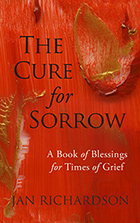
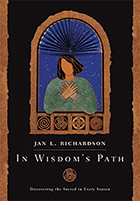
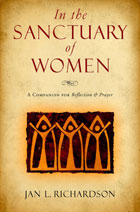
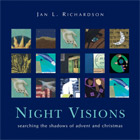
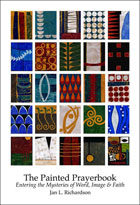
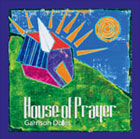
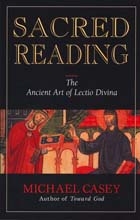
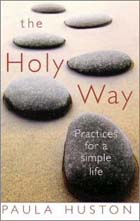
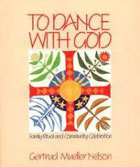
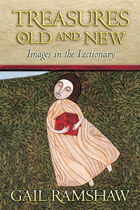
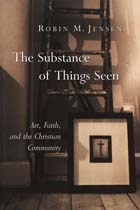
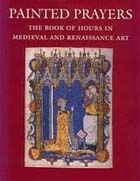
March 9, 2018 at 7:10 PM |
You continue to bring me blessings and peace as I now mourn the death of my mom. Healing, as you expect it, did not happen, but she is healed as she rejoices with Jesus and all the Saints and Sinners who went before her. Thank you for your words.
Rhonda Hardin
March 12, 2018 at 4:49 PM |
Rhonda, thank you so much. I am continuing to send blessings and prayers for you as you remember your mom and mourn her death. May solace and peace find you in the remembering, and may unexpected graces attend your path.
March 12, 2018 at 5:17 PM |
Jan, your posts are very rich. They remind me of what you said that if you know Jesus only from the New Testament, you miss a lot, as what Jesus said was steeped in the riches of the Hebrew scriptures. When I read your current posts and don’t go back to earlier ones you point to, I miss a lot! In this case I went back to Lent 4: The Serpent in the Text. Wow! God does not remove the hazards but provides a remedy.
I had been pondering how to answer your query in Lent 3: what do I know in my bones. Part of my answer came right away — that God is just. I can trace my own deepest suffering to my own actions and attitudes. That is true. But I see I also know in my bones that there is a remedy — a strange remedy or strange medicine.
You have given me much to ponder this Lenten season. Thank you.